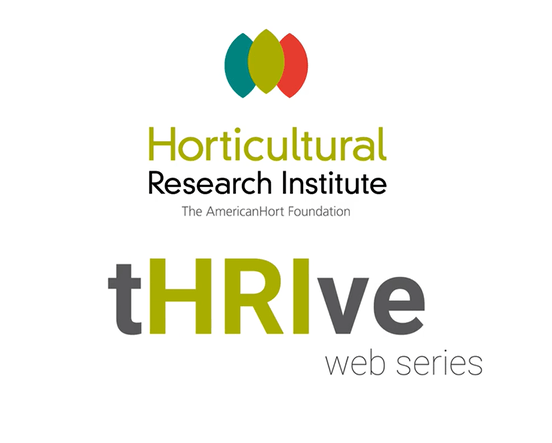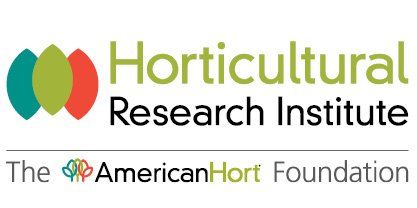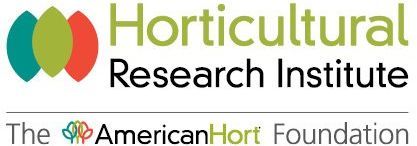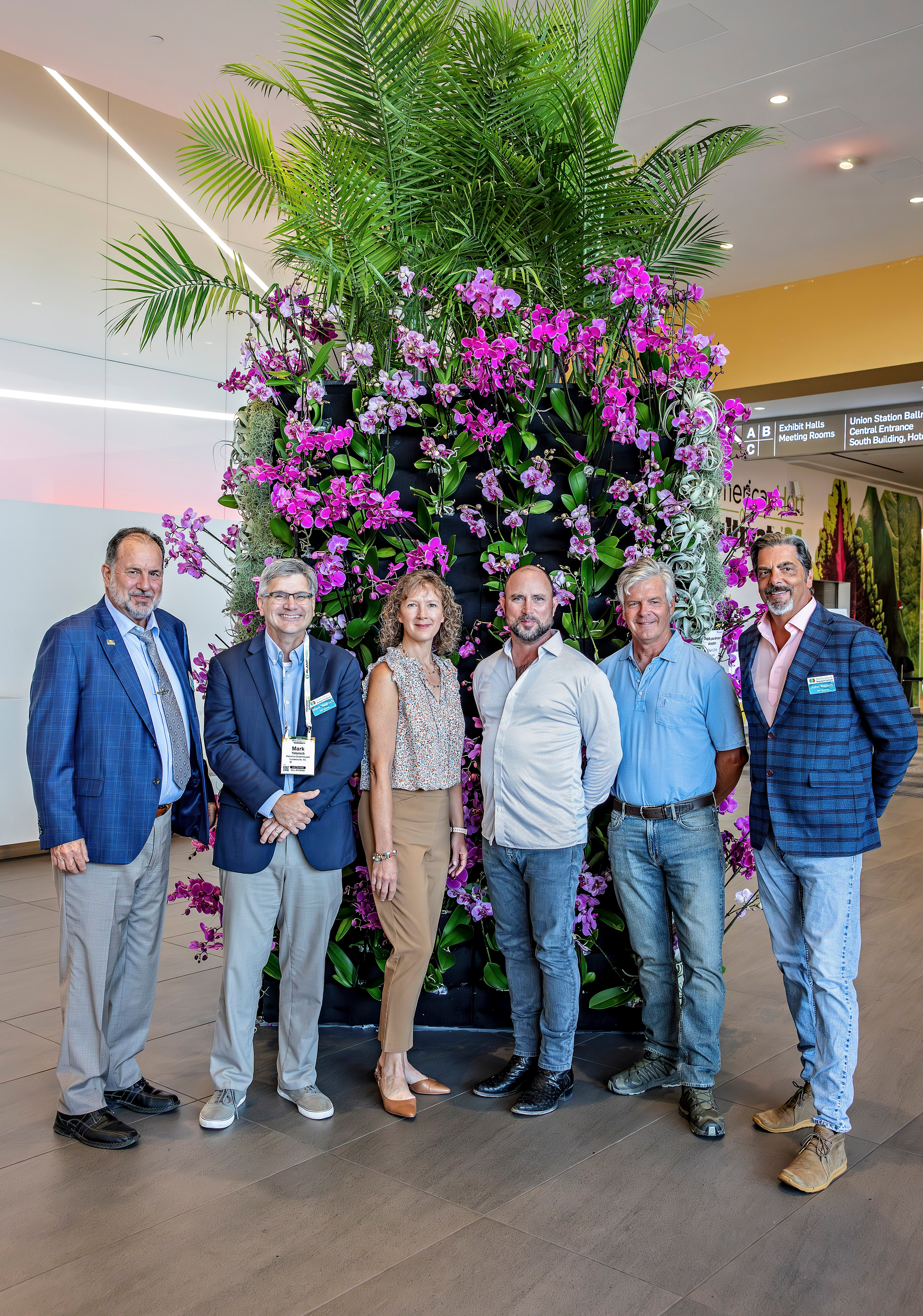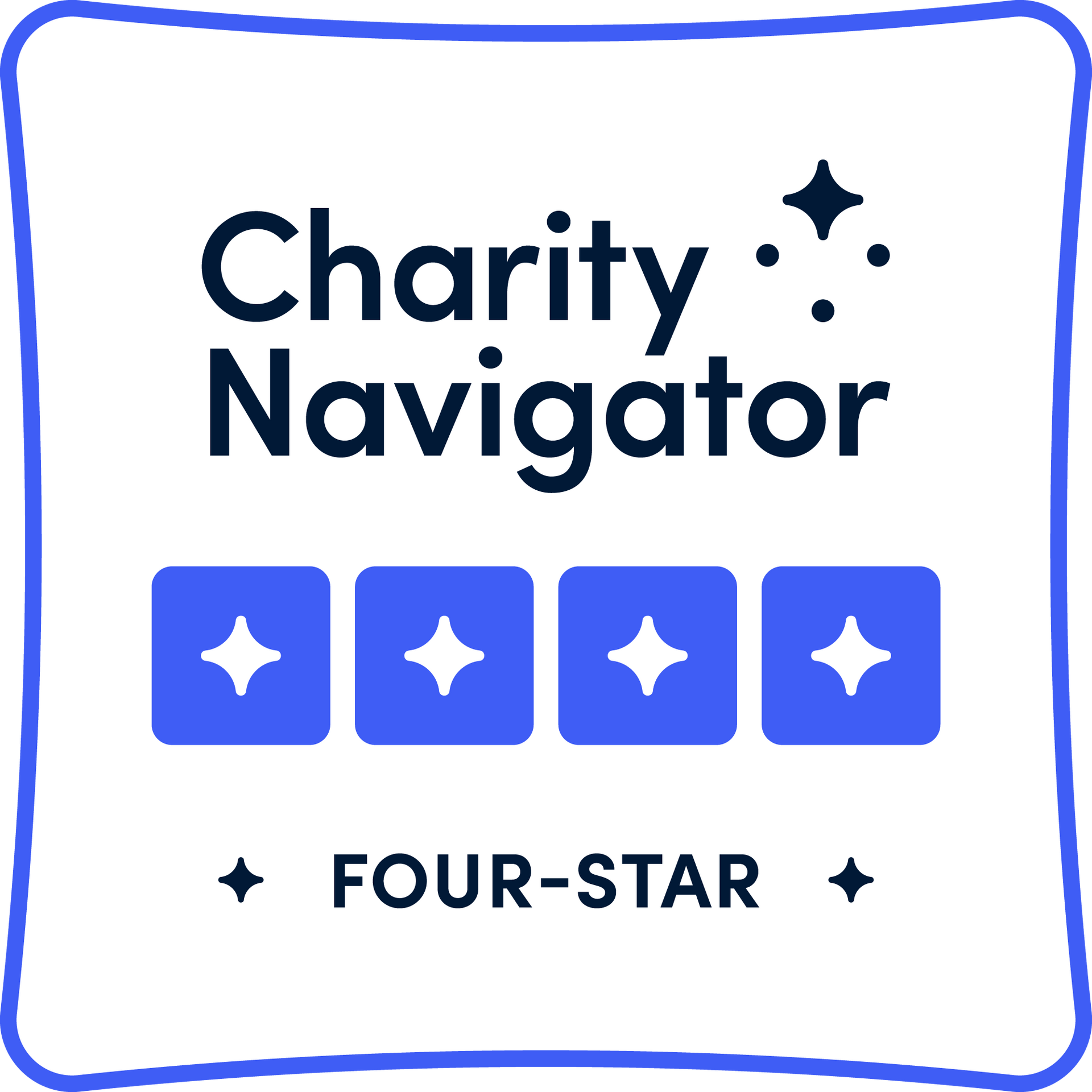New Tool Helps Growers Mitigate Risk and Improve Plant Health
WASHINGTON, DC & COLUMBUS, OH
The Horticultural Research Institute, in partnership with the National Plant Board and the USDA, is pleased to announce the launch of an important new tool for nursery and greenhouse growers seeking to improve plant production processes by identifying hazards (operational areas where plants could be contaminated or introduced to plant pests) and where to apply best practices. Understanding these critical control points helps growers reduce or eliminate risks, paving the way for healthier plants and healthier businesses.
Healthy plants are integral to human health and well-being, and to the environment that sustains us. To ensure that plants moving in the horticultural trade are free of regulated invasive pests that threaten agriculture and the environment, greenhouses and nurseries are regulated by state and federal authorities. A multi-year effort to modernize plant certification has resulted in a new program known as SANC.
The Systems Approach to Nursery Certification (SANC) program is a voluntary, grower-driven, officially state-verified plant health certification partnership that applies quality management principles to the entire plant production process. SANC was developed as a holistic approach to growing and certifying plants that satisfies applicable state and federal plant health regulations.
SANC applies best practices at key points in the plant production process to address identified risks. These practices are integrated into a growing operation system, hence the name: systems approach. The place to start with system design is a greenhouse or nursery-specific risk assessment that examines what can go wrong where the plant production process.
“To make the process easier, the Horticultural Research Institute teamed up with the National Plant Board and USDA to develop a web-based risk assessment tool,” states Craig Regelbrugge, AmericanHort Executive Vice President Advocacy, Research, & Industry Relations.
Although the tool was designed to help growers more easily perform the risk assessment required to participate in SANC, the tool is available, at no cost, to any U.S. nursery or greenhouse seeking to improve their processes, whether they choose to pursue SANC certification or not.
Growers may request free user access to begin a facility risk assessment by visiting the Risk Assessment website at https://hriresearch-sanc.org/.
Share This Post
